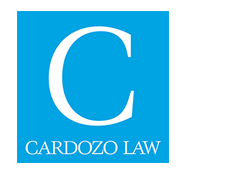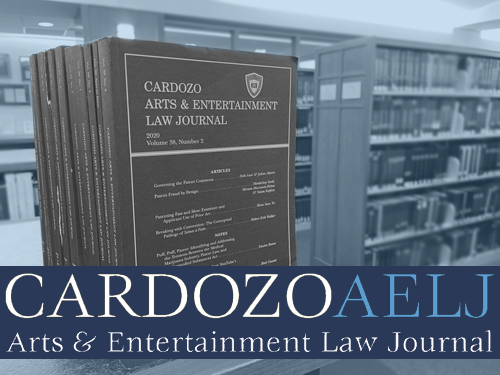Document Type
Article
Publication Date
11-15-2022
Abstract
Shortly after the first season of the Netflix television show Bridgerton debuted, another project began. Struggling musician Abigail Barlow found inspiration in the show, which she felt had an inherent quality that lent itself perfectly to a Broadway-style musical. After a clip of herself singing a Bridgerton-inspired song went viral on TikTok, Barlow teamed up with fellow musician Emily Bear, and the work to create a full album based on the show began in earnest. Hype continued to build throughout the songwriting process, as Barlow and Bear’s songs amassed roughly thirty-six million likes on TikTok, and before long, the album was finished. What happened next was unprecedented. The “Unofficial Bridgerton Musical,” already a viral hit, beat out Broadway royalty by winning the Grammy Award for best musical theater album. Barlow and Bear followed up their win with a for-profit performance of the album at the Kennedy Center in Washington, D.C. But throughout the musical’s successes, many were left questioning: How exactly is this legal?
This post was originally published on the Cardozo Arts & Entertainment Law Journal website on November 15, 2022. The original post can be accessed via the Archived Link button above.
Recommended Citation
Higgs, Madeleine, "Netflix Copyright Lawsuit Results in Final Curtain for “Unofficial Bridgerton Musical.” Could Other Fanworks Be Next?" (2022). AELJ Blog. 333.
https://larc.cardozo.yu.edu/aelj-blog/333



